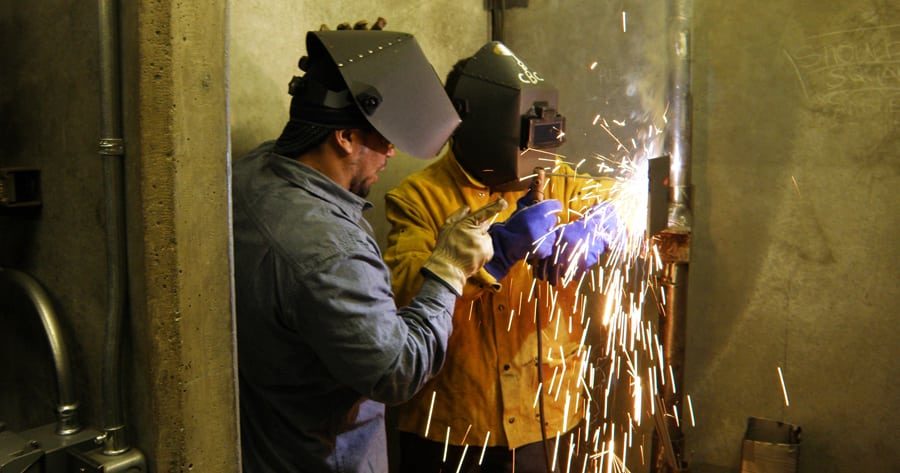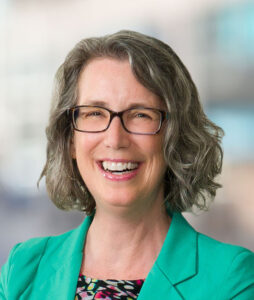
Home » Tri-City students get wooed to manufacturing industry
Tri-City students get wooed to manufacturing industry

November 15, 2016
Caleb Olson wants to be an engineer like his father and grandfather someday.
The 17-year-old from Hanford High thinks getting a job and skills in the manufacturing industry would be a logical first step on that career path.
He was one of about 40 students from three high schools who participated in the Careers in Manufacturing event Oct. 28 at Columbia Basin College in Pasco.
Officials from Areva, Quest Integration, Sandvik, Western Sintering and CBC held a variety of workshops for the students.
“Machinery and testing is also an interest,” said Olson, a tenth-grader at the Richland school. He signed up to attend the CBC event to learn more about careers available in manufacturing.
The students received hands-on training at five different stations: manufacturing, welding, non-destructive testing, electrical and solid modeling.
“Most people have a genuine interest in helping young kids,” said Lance Stephens, Areva’s manager of operations strategy and supply chain, who helped organize the session.
CBC welding instructor Eddie Zaragoza helped a Tri-Tech Skills Center student from Kennewick with a welding exercise. He said the experience gives the students a lot of practice.
George Ramos of Kennewick High School appreciated the tutorial, saying it showed him what things were possible “so I can see how it is.”
Karen Richardson, a career center specialist at Hanford High School, said one of the reasons she embraced the event is because it also involves a job site field trip. Students were invited to visit Sandvik, Western Sintering and Areva in mid-November to further spark their interest in manufacturing careers.
“They get to see the big picture — the actual workplace and see work in action,” she said. “It’s great for the kids to see that what they learn in high school and in college, that the next step is using those skills. Everything is elevated to the next step.”
Stephens, who has worked at Areva for 27 years, said these young students will be needed when they graduate.
He said over the next decade 3.5 million manufacturing jobs likely will need to be filled and the skills gap is expected to result in 2 million of those jobs going unfilled.
He said his company has a 40-year Nuclear Regulatory Commission license to fabricate fuel at the Richland site. That means it will need more workers to add to its team.
“We need the next-generation workforce. Most of us will not be at the plant then,” Stephens said.
He told the students manufacturing careers offer good wages, benefits and opportunities in the region and beyond. “We want you to connect with people and reach out and build some relationships,” he told them.
Ken Williams, president of Plastic Injection Molding, told the students that manufacturing is all about taking an idea and turning it into a finished product. He also told them to be sure to make a good first impression and to keep their eyes open for something they’re passionate about. “We all need to have a vision and the ability to communicate it,” he said.
Stephens said a group of industry officials and others began meeting regularly in June to hash out the agenda for the Careers in Manufacturing event.
“We asked ourselves what we need in the area to increase awareness of careers in manufacturing and met every two weeks,” he said.
Local News
KEYWORDS november 2016




